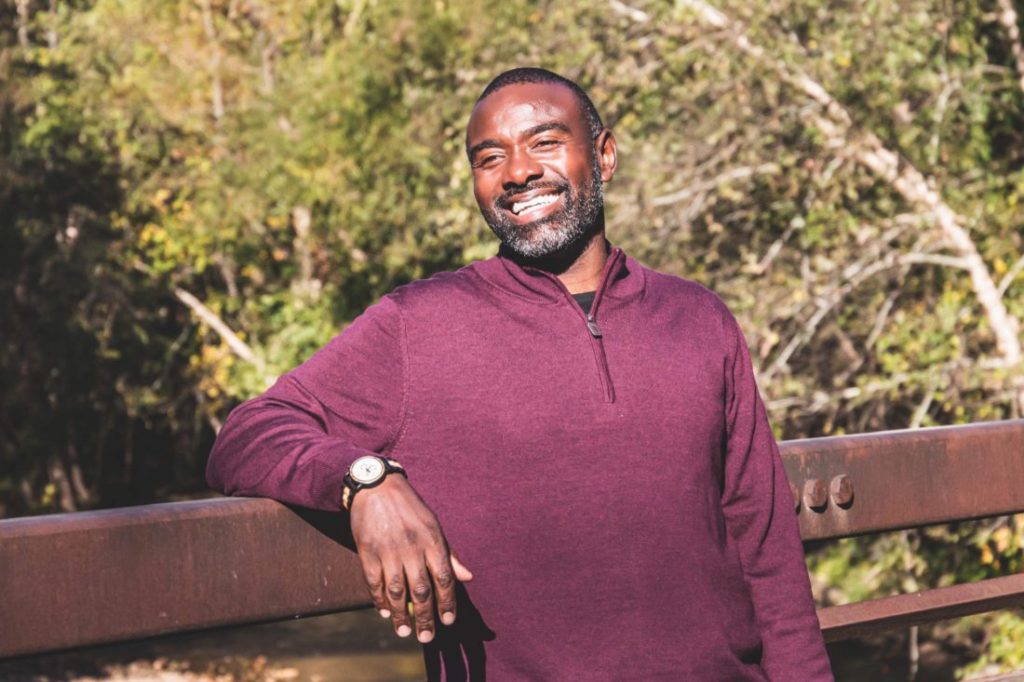On March 23, the Vance Monument on Pack Square, dedicated to the late Confederate military officer and North Carolina Gov. Zebulon Vance, was approved for removal. M.S. Lean Landscaping, a Black-owned landscaping and construction company, based in Asheville, was awarded a $25,535 landscaping contract for temporary site restoration. In the eyes of many, this may seem like a step in the right direction for supporting the Black community in Asheville. Yet, when I interviewed the founder of M.S. Lean Landscaping, Stephen Smith, about his thoughts regarding the project, he responded, “There could be more done.”
The best way to learn how to support a community is to listen to the voices of those directly affected. From my interview with Stephen, I learned why the destruction of the Vance Monument does not directly address the issues that the Black community faces every day without the support of community leaders. A bit of background: In 2014, Stephen founded M.S. Lean Landscaping to hire formerly incarcerated Black men like himself and give them the support to reenter the workforce, gaining tangible and interpersonal skills through hands-on experiences and developing familylike bonds with one another.
Stephen and his employees are grateful for the opportunity to do a larger-scale project but acknowledge that their company, along with many Black-owned businesses in Buncombe County, will continue to struggle financially without the creation and implementation of a comprehensive economic development plan by local and higher levels of government.
To truly support the Black community, individuals need to learn and understand the root causes of inequity within communities. A root cause of inequity is the lack of financial support for minority-owned businesses, leading to high poverty rates for many Asheville and Buncombe County community members. In North Carolina, people of color experience disproportionately high poverty rates, with 22% of Black North Carolinians in poverty compared with the statewide average of all races of 13.6%, according to the N.C. Justice Center. In Asheville, 13.8% of residents are in poverty, according to the Census Bureau.
A disparity study published by Triangle Business Journal shows that the state of North Carolina awarded $10 billion in contracts for goods and services during a five-year period (2013-18), and yet only $21.6 million dollars were spent with Black-owned businesses. That is less than 1%.
“A $35 million transportation improvement project for the River Arts District was recently completed less than a mile from where many low-income Black people live,” Stephen told me. “Yet, Black males ages 16-21 who could have been given the opportunity to work on the project were not. We continue to see high rates of unemployment for Black people in Buncombe County. The more we wait to fix this trend, the further it pushes the Black community back.”
Click here to view original web page at mountainx.com
Author: Anthony Peak
My name is Anthony T. Peak and I am a CPA and Business Owner. In addition to owning UALE.com, Peak CPA Services, LLC, and Peak Travel Services, I work as a Senior Compliance Manager for Verizon Wireless. I earned a B.S. in Accounting from Morris Brown College. While at Morris...









